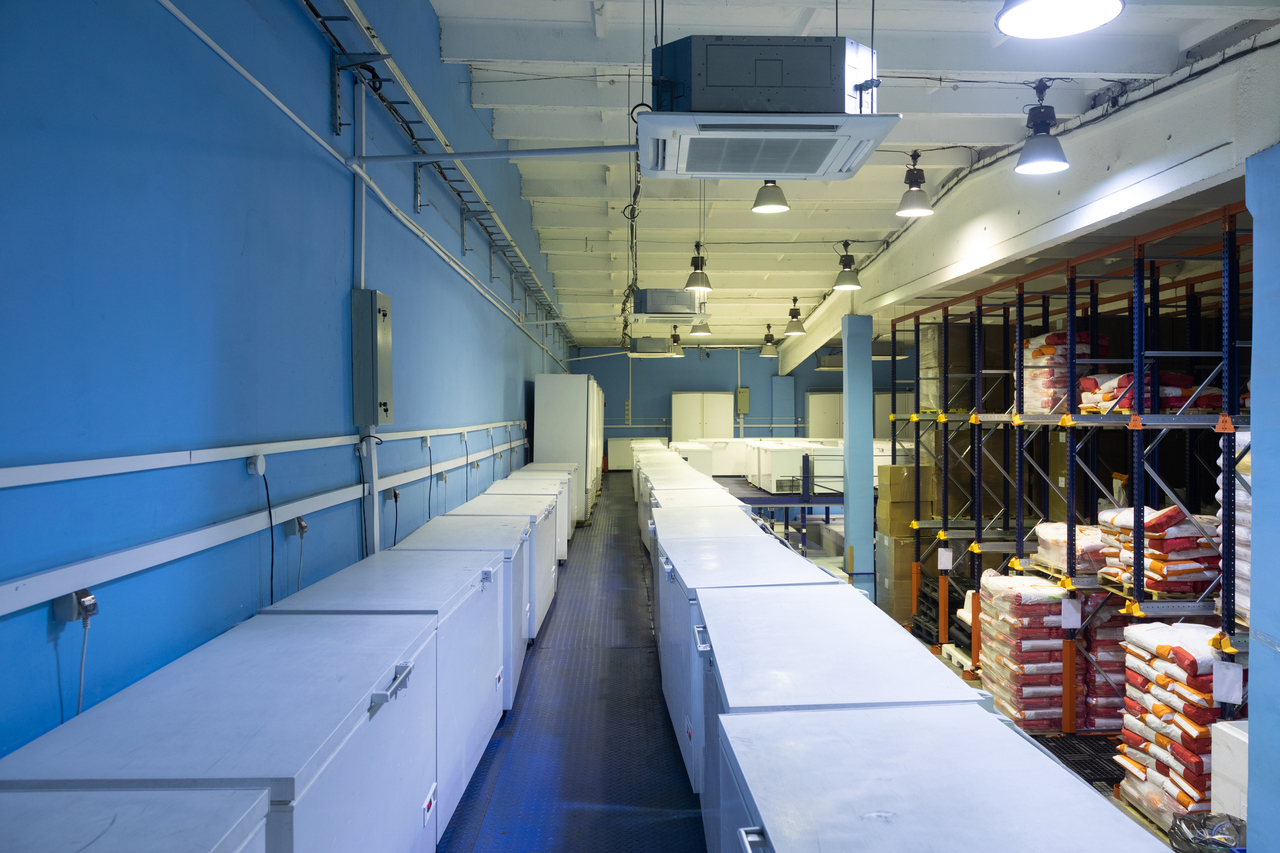In this blog post, we will explore the world of refrigerated warehousing in Wisconsin. Refrigerated warehousing plays a crucial role in preserving and distributing temperature-sensitive goods, ranging from food and pharmaceuticals to floral arrangements. We will delve into the statistics, education, and other key aspects of this industry to provide you with a comprehensive understanding of its importance and benefits.
Understanding Refrigerated Warehousing:
Refrigerated warehousing refers to specialized storage facilities equipped with temperature-controlled environments to preserve perishable goods. These facilities ensure optimal storage conditions, including temperature, humidity, and ventilation, to extend the shelf life of products, maintain quality, and prevent spoilage.
Key Benefits of Refrigerated Warehousing:
- Extended Shelf Life: Refrigeration helps slow down the natural degradation process of perishable products, significantly extending their shelf life.
- Quality Maintenance: Controlled environments minimize product degradation, such as color fading, texture changes, and flavor alterations.
- Seasonal Availability: Refrigerated warehouses enable year-round availability of seasonal products, reducing supply chain disruptions.
- Safety and Compliance: These facilities adhere to strict regulations to ensure food safety, pharmaceutical integrity, and compliance with industry standards.
- Reduction in Waste: By minimizing spoilage and product loss, refrigerated warehousing contributes to reducing overall waste in the supply chain.
Statistics on Refrigerated Warehousing in Wisconsin:
- Employment: The refrigerated warehousing industry in Wisconsin employs thousands of workers, offering job opportunities across various roles, including inventory management, quality control, and logistics.
- Economic Impact: This industry plays a vital role in Wisconsin’s economy, generating significant revenue and contributing to the overall growth of the state.
- Capacity: Wisconsin boasts a substantial capacity for refrigerated storage, able to accommodate a diverse range of perishable goods.
- Industry Growth: The refrigerated warehousing industry in Wisconsin has seen consistent growth over the years, keeping up with the increasing demand for temperature-controlled storage solutions.
Education and Training:
- Professional Development: Individuals interested in pursuing a career in refrigerated warehousing can benefit from vocational programs, certifications, and workshops tailored to this industry.
- Continuous Learning: Industry professionals can stay up to date with the latest advancements in storage techniques, regulations, and technology through conferences, seminars, and online resources.
- Workforce Development: Collaborative efforts between educational institutions and industry stakeholders ensure a skilled and qualified workforce capable of meeting the evolving needs of refrigerated warehousing.
Conclusion
Refrigerated warehousing plays a crucial role in preserving the quality and safety of perishable goods. Understanding the benefits, statistics, and educational opportunities available in this industry is essential for businesses and individuals involved in or considering entering this field. By investing in refrigerated warehousing, Wisconsin can support its local economy, strengthen its supply chain, and contribute to the overall sustainability of the industry.


 Dave McGowan has been a member of the WEL Family since May 1989. He is a husband and father of two children. Dave is also a U.S. Army veteran and served in Vietnam in 1971-1972, and he attended driving school soon after he was released from the military in 1974.
Dave McGowan has been a member of the WEL Family since May 1989. He is a husband and father of two children. Dave is also a U.S. Army veteran and served in Vietnam in 1971-1972, and he attended driving school soon after he was released from the military in 1974. During his career with WEL, Phil has worked as a driver, dispatcher, terminal manager and customer service manager. He says he always was a driver first, though non-driving jobs taught him financial management that helps him as an owner-operator.
During his career with WEL, Phil has worked as a driver, dispatcher, terminal manager and customer service manager. He says he always was a driver first, though non-driving jobs taught him financial management that helps him as an owner-operator.